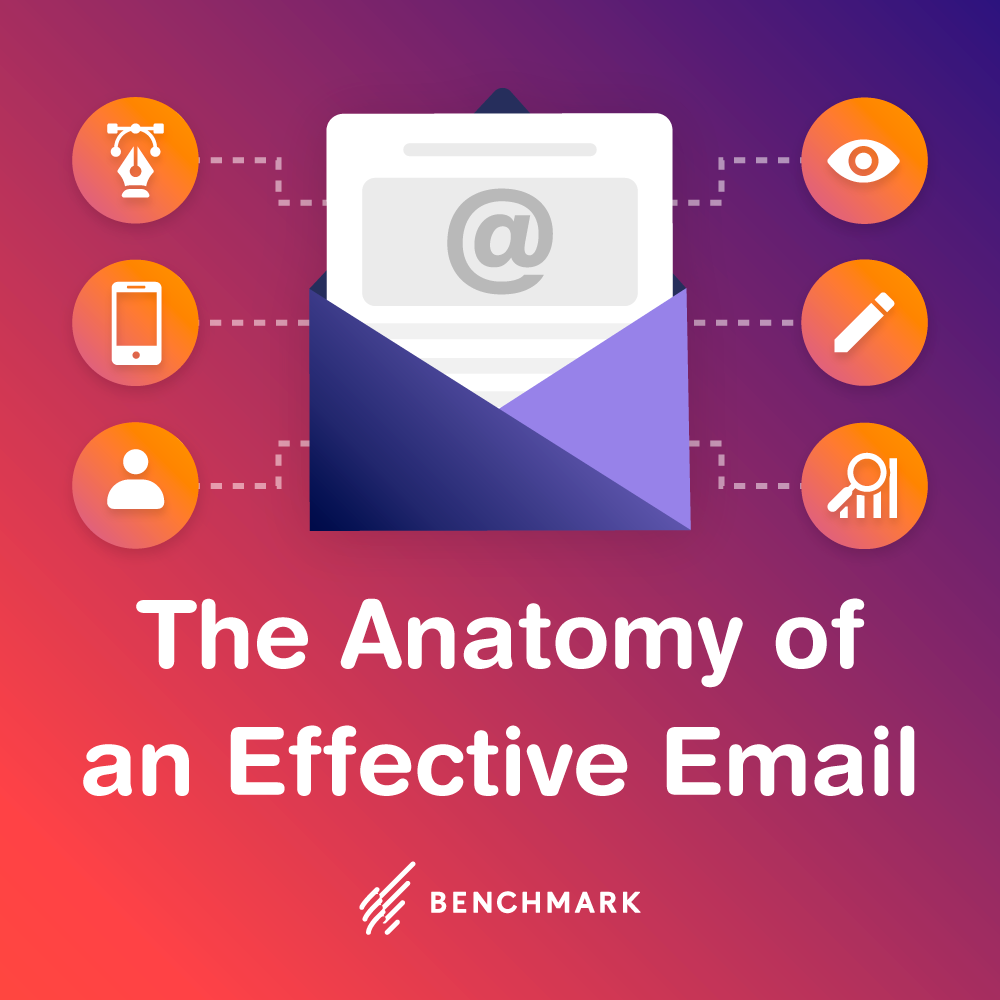
When you sit down to write your email and newsletter campaigns, do you know if you’re pleading to your customers’ practical or emotional sides? Is your writing voice passive or active? Are you using basic marketing writing techniques that have survived the passage of time because they’re so effective?
If you can’t answer any one of these questions, you could most likely use the 4 tips below to make your email marketing writing the best it can possibly be.
 Write to your subscriber’s desire and emotional needs.
Write to your subscriber’s desire and emotional needs.
It’s well documented: people make purchases based on emotion, not cold facts or schematics. For instance: what’s more likely to get someone to buy an ice cream cone?
Or
If you guessed the second one, you would be correct. Look for ways in your email copy to enhance your recipients’ lives. Don’t bother listing out a litany of boring facts and schematics, really show them how their lives can be more enjoyable or easier by buying your product.
 Use an active voice
Use an active voice
Using an active voice means cutting out the words that tend to slow down what you have to say and make your writing more passive. Active voice is like going from point A to point B, rather than going from point A to point B to point C. For instance:
The token you purchase enables you to board the train. The train will then transport you to Coney Island.
Buy a token and ride the train to Coney Island
The second sentence cuts out the words that stretch out your sentences, but don’t make them better. Use active voice in your email and newsletter campaigns because it keeps the customer interested. An added bonus? It also saves space.
 Define your subscriber and write to who they are.
Define your subscriber and write to who they are.
Not all subscribers are alike, but most subscribers to any given list share some things in common. Make a list of these attributes and write in a voice that caters to them. Here are some examples of possible attributes:
- Practical
- Frugal
- Busy
- Smart
- Wise
Your emails will grab more attention and make you more money if you write to who your customers are in this respect. If you can harness that skill, you will see an interest in sales, guaranteed.
 Practice economy of language.
Practice economy of language.
To practice economy of language, write your copy and look it over in its entirety. Can you cut out certain words and still preserve the meaning of certain sentences? Can you rearrange sentences to save time and space? Are you getting to the point sooner rather than later?
Keep these questions handy when you’re writing your HTML email copy. Give your email copy a second pass with these questions in mind. Change your copy to make it leaner and more focused and you’ll see your ROI and interest go up.




